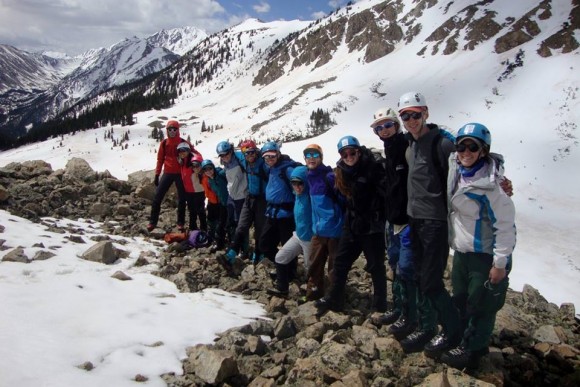Sharmila Sandirasegarane
Summer Abroad HHD Blog
May 30, 2014
Major: Biobehavioral Health
Minors: Global Health and Spanish
Hometown: Hershey, PA
Extracurricular Activities: Biobehavioral Health Society, Schreyer Honors College Student Council, THON, Mid-State Literacy Council
Career Goals: Aspiring physician
After months of anticipation, I was eager to go into the field in Tanzania. The challenges that were encountered during the day aligned well with the topics that were discussed during my Global Health minor classes. When we arrived at the first home of the village, I thought that we were not going to be able to survey other residents because they were working on their farms. Instead, the medical students and supervisor for the Muhimbili University of Health and Allied Sciences were working to establish a relationship with the family.
A woman from the home served as our guide, as we traveled from hut to hut to survey mothers about the vaccination status of their children under two years. If we did not have her flexibility and willingness to help, we would have never have made it through the village. Through high grasses, we walked on narrow, sandy paths to travel to each home, which were spaced at least ten minutes away from each other.
What struck me most was how the way of life was so detached from the rest of the world. I began thinking about the practical constraints with starting health interventions in the area, beginning with the challenges to travel from the village. It took the villagers about an hour to travel to their local clinics. If there were education initiatives conducted in the area, a major challenge would be the travel times for the children to meet. The concepts about individual perceptions of health became clearer to me as I considered that the locals knew what they knew, while modern medicine played a minimal role in the schemes of their lives.
After seeing a setting where global health initiatives could be implemented, I realized the essential nature of cooperating with local individuals. The village had specific needs based on its sanitation system, availability of water, accessibility of homes, and many other factors. Several of these factors could not have been observed if it were not for the cooperation with the locals. This relationship was only established by communicating with the village leaders, the woman who served as our guide, and the women that we interviewed, all in Swahili. I realized that specific conditions were necessary to study remote areas, in order to have any hope of establishing any kind of targeted program.
On a lighter note, I realized how much fun fieldwork can be. I loved observing a different, peaceful lifestyle. I had a great time speaking broken Swahili with our guide, and laughing with her as we walked on the tall grasses as we tried to avoid the water that had taken over a quarter mile of the path. I found the fieldwork experience both eye-opening and exhilarating.




